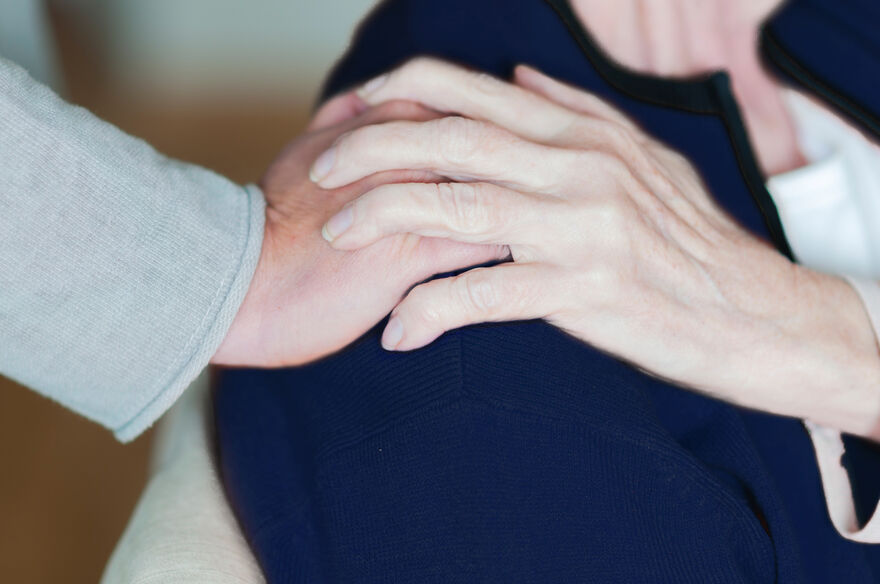If you have been appointed as someone’s Attorney or Deputy, your role will continue despite the unprecedented situation in which we are living.
One of the four exceptions to being allowed to leave your home is to provide care for or look after a vulnerable person and you will be expected to fulfil your duties just as at any other time.
This article considers what additional issues you should consider in discharging those duties in light of COVID-19. It is important to note that your duties and obligations continue to apply, although they are not specifically noted in this article.
Considerations as Attorney or Deputy
Those people who are unable to manage their health and welfare and/or property and finances may also be the same people that the Government has listed as high risk of contracting the virus (as they may be over 70 and/or have other health issues.) Attorneys and Deputies must keep up to date with Government advice, act accordingly and factor this in when making decisions based on the ever-changing circumstances.
For property and financial affairs Attorneys and Deputies, you may need to ensure that additional funds are available if extra care is needed. For example, someone who usually provides care may be unable to do so at short notice (for example, if self-isolating) and an outside carer may need to be employed to take over. Carers UK can provide advice about the care on offer within your area.
You should also consider whether the person for whom you are an Attorney/Deputy is eligible for additional financial help from the Government.
As vulnerable people have been advised to stay at home, organising an online shop or prescription delivery service may be required.
Health and welfare Attorneys and Deputies may be required to implement the NHS guidance on when a person displaying symptoms needs further medical intervention. Attorneys and Deputies may also be called upon to make decisions about what treatment the person receives and changes that must be made to daily routines and medical care in light of COVID-19.
It is important to remember that all decisions, whether financial or health, must be made in the best interests of the person in question.
There are a number of issues in respect of which an Attorney or Deputy must seek approval from the Court of Protection. If you need to make an application to the Court of Protection, to approve any decision, the Court will prioritise genuinely urgent cases (the example given being of life and death) and otherwise may be able to hear your case remotely. However, you may have a significant wait before your application is heard (unless genuinely urgent).
Practical issues to consider if you are in a caring role
If you are in a caring role or visiting a vulnerable person it is obviously important to follow the Government guidelines.
However, it is also important to consider that person’s mental wellbeing:
• The situation may be difficult for someone to comprehend. They may not remember the current issues and so may not observe social distancing or self-isolation requirements.
• Disruptions to their normal routine can be very unsettling and can be a cause of additional upset.
• They may become distressed at the situation and limiting exposure to news coverage may help to ease the distress. Try to encourage uplifting activities such as listening to music or watching a favourite television programme.
• Isolation may also cause distress to family members and carers, especially if outside support has been suspended. If possible, look for remote support to provide help through the difficult times. For example, an online forum or support line.
The Alzheimer’s Society has some great tips on their website for carers and family members.
If you are concerned about your duties and obligations as an Attorney or Deputy in light of COVID-19 (or more generally), please contact us.
The information on this site about legal matters is provided as a general guide only. Although we try to ensure that all of the information on this site is accurate and up to date, this cannot be guaranteed. The information on this site should not be relied upon or construed as constituting legal advice and Howes Percival LLP disclaims liability in relation to its use. You should seek appropriate legal advice before taking or refraining from taking any action.

